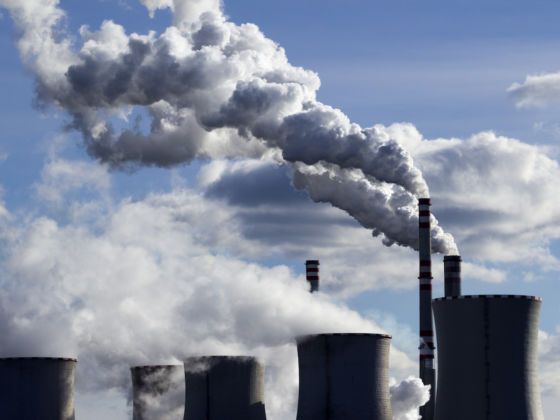You may have heard of the recently announced collaboration between the University of California and BP in a big-money deal to research biofuels and thus address sustainability, tackle the energy crisis, etc.
BP PLC, the green-minded oil producer, in February chose the University of California at Berkeley to help lead low carbon research, starting with biofuels. BP plans to spend $500-million over a decade.
This is perhaps the biggest collaboration between the corporate sector and academia in history, all in the name of developing alternative fuels to handle the growing energy shortage. Or is it?
